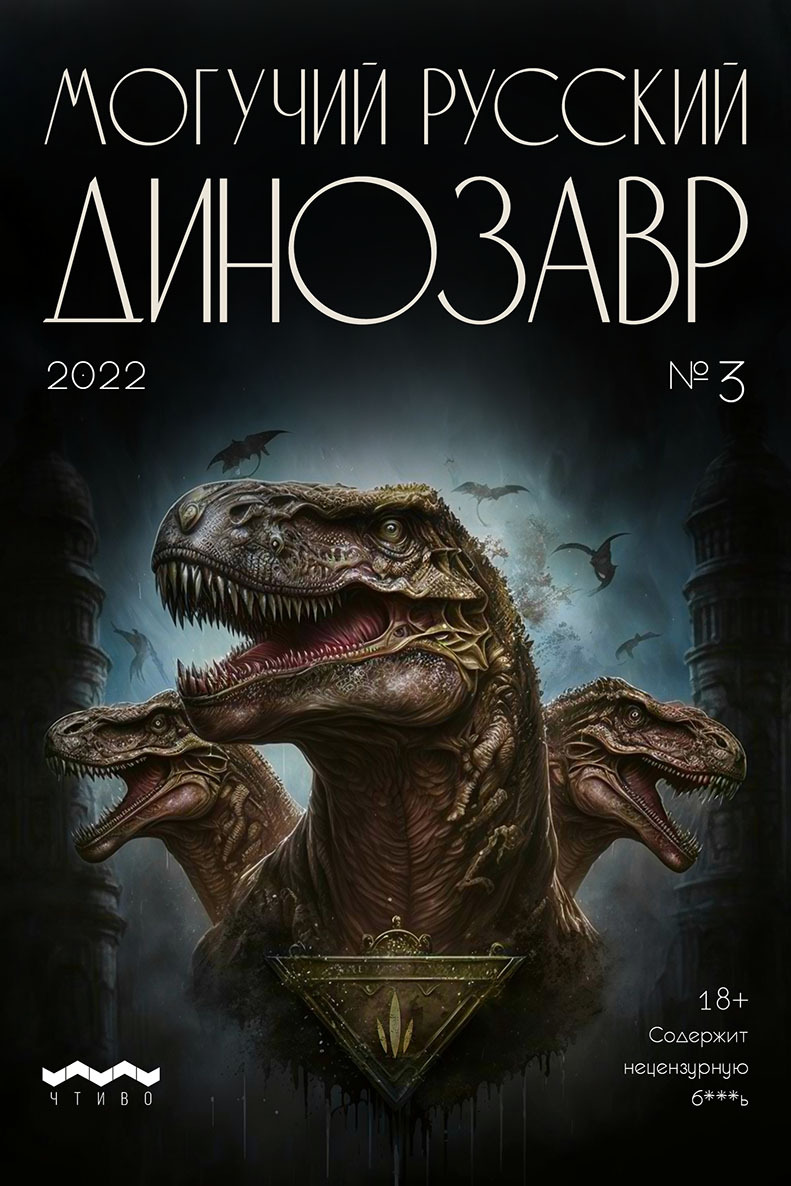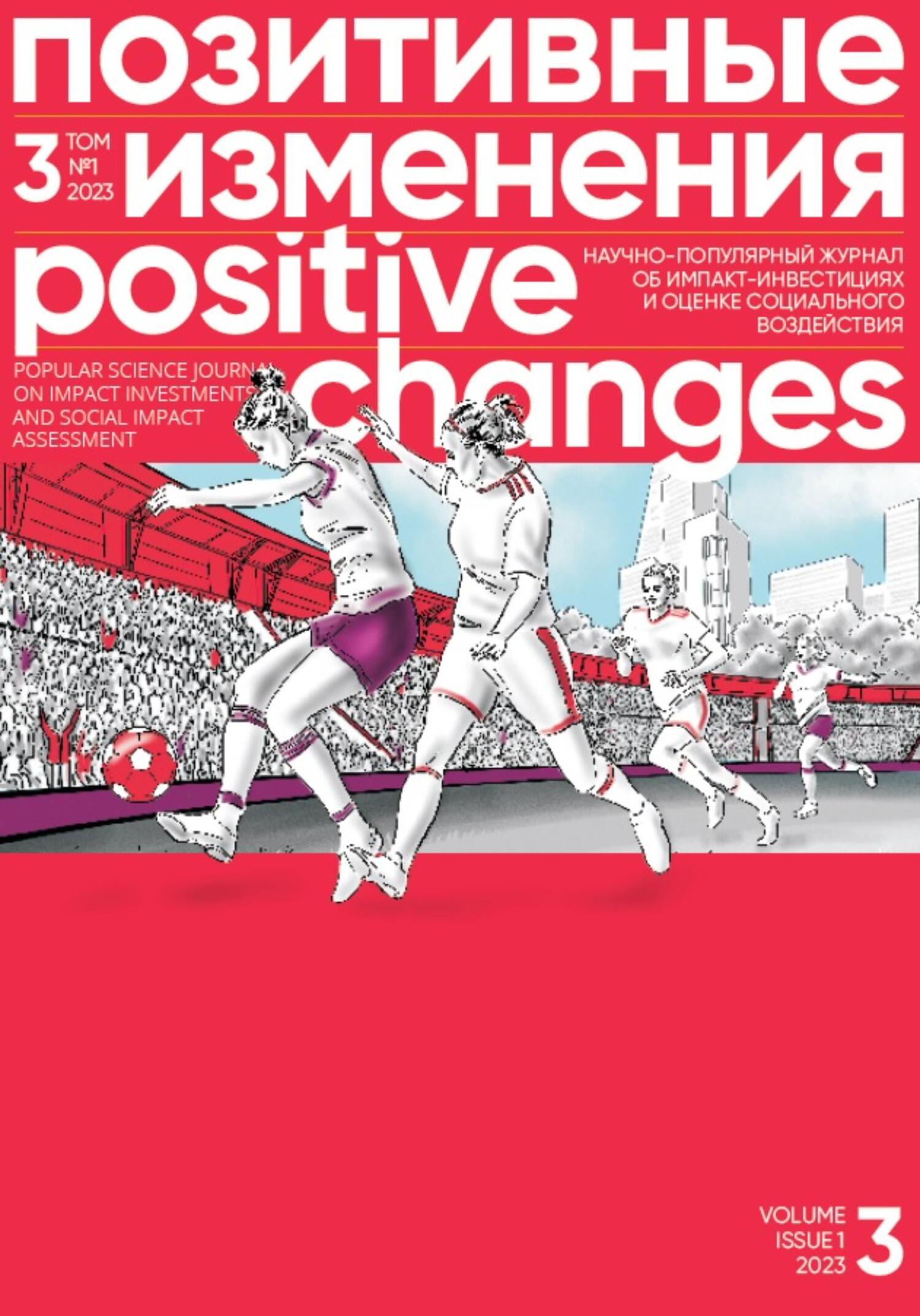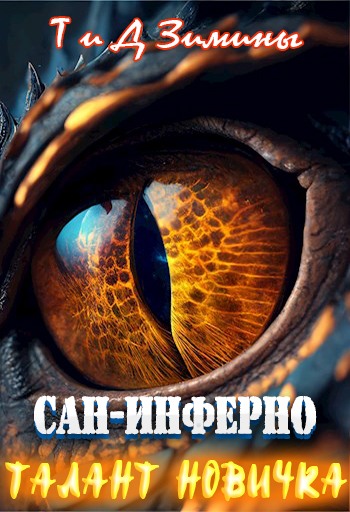Книга Жизнь, которую мы создали. Как пятьдесят тысяч лет рукотворных инноваций усовершенствовали и преобразили природу - Бет Шапиро
На нашем литературном портале можно бесплатно читать книгу Жизнь, которую мы создали. Как пятьдесят тысяч лет рукотворных инноваций усовершенствовали и преобразили природу - Бет Шапиро полная версия. Жанр: Книги / Разная литература. Онлайн библиотека дает возможность прочитать весь текст произведения на мобильном телефоне или десктопе даже без регистрации и СМС подтверждения на нашем сайте онлайн книг knizki.com.
Шрифт:
-
+
Интервал:
-
+
Закладка:
Сделать
Перейти на страницу:
Перейти на страницу:
Внимание!
Сайт сохраняет куки вашего браузера. Вы сможете в любой момент сделать закладку и продолжить прочтение книги «Жизнь, которую мы создали. Как пятьдесят тысяч лет рукотворных инноваций усовершенствовали и преобразили природу - Бет Шапиро», после закрытия браузера.
Книги схожие с книгой «Жизнь, которую мы создали. Как пятьдесят тысяч лет рукотворных инноваций усовершенствовали и преобразили природу - Бет Шапиро» от автора - Бет Шапиро:
Комментарии и отзывы (0) к книге "Жизнь, которую мы создали. Как пятьдесят тысяч лет рукотворных инноваций усовершенствовали и преобразили природу - Бет Шапиро"
























